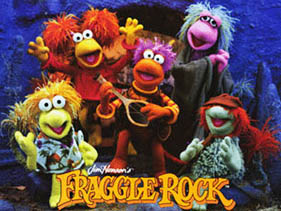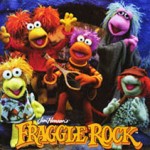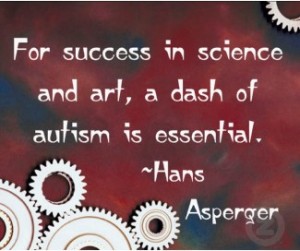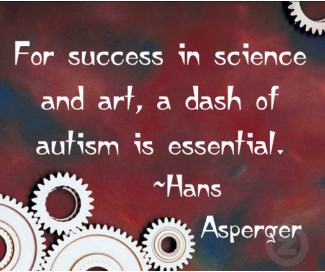A recent series I watched on TV followed a young British engineer as he traveled around the country on a longboat, celebrating Britain’s industrial heritage. One episode featured the humble tin of baked beans, and in this article I want to cover what this teaches us about goal achievement…
Guy Martin is an engineer and well known bike racer. Well known in bike racing circles that is, I confess I had never heard of him before watching his TV series.
In ‘The Boat That Guy Built’ on the BBC, he wanted to remind people of a 150 year period when British inventions and engineering helped to change the world, to drive the industrial revolution.
 He traveled around on his barge, fitting it out using traditional techniques, and I was drawn in by the whole series. One episode featured him making baked beans on toast, so he went right back to the basics and history of the can, making it by hand. This is where the goal achievement lesson comes in…
He traveled around on his barge, fitting it out using traditional techniques, and I was drawn in by the whole series. One episode featured him making baked beans on toast, so he went right back to the basics and history of the can, making it by hand. This is where the goal achievement lesson comes in…
The patent for the tin can was given in the early 1800s in Britain, and it wasn’t long before it had been sold on and developed, as a way of storing provisions for the army and navy. This was state of the art stuff at the time, rather like NASA inventing ideas for the space program.
Within a few years though, maybe a decade or so, the baked bean had moved from being a novelty food for the posh to a common ingredient, and the tin can had gone from being experimental to being part of everyday life.
It was taken for granted.
150 Years Later
This is all over 150 years ago now, but the lesson we can take today is still fresh…
While it’s possible that your goal may be groundbreaking, it’s more likely that it has been achieved before. Someone, somewhere, will take it for granted. Someone, somewhere, will have gone through the trial and error process and got to the end result.
Yes, it will be new for *you*, there will be learning and set backs, but you can make the journey far easier if you seek out the knowledge of others who have gone before.
You will also have an easier ride of it mentally if you imagine yourself in the position of those who take your goal for granted.
Developing an assurance that your goal will happen, helps to motivate you when you come to step that are wary or nervous about – you’ll be much more confident to take it when you know others have been there before.
So to sum up, the humble tin of baked beans can teach us about trial and error, and it can teach us about repositioning goals in our mind as taken for granted rather than experimental.
I loved Guy Martin’s show, and the next time you are struggling with a goal, open a cupboard and stare at a baked bean tin for some inspiration!
Gordon Bryan is a writer from the UK, who loves writing about goal achievement. Grab his free 8 Step Goal Achievement Formula at http://thegreatgordino.com/free-8-step-goal-achievement-formula



















